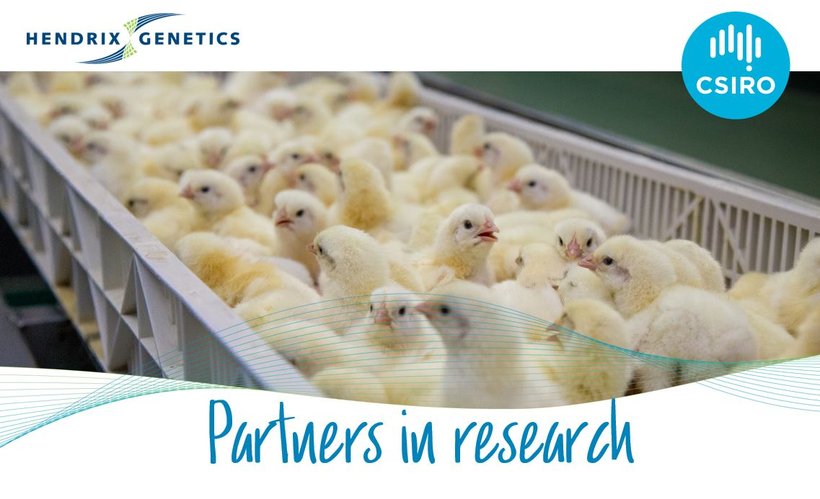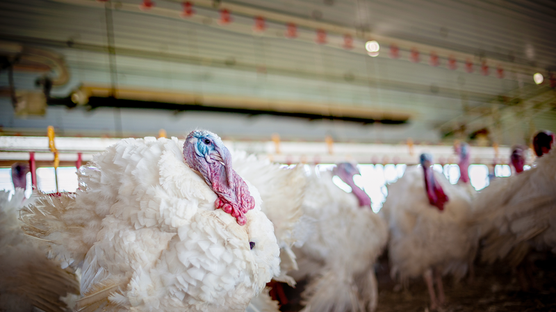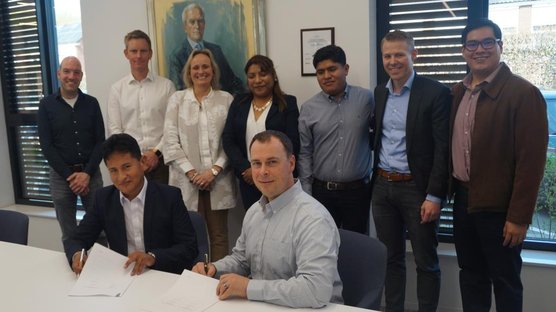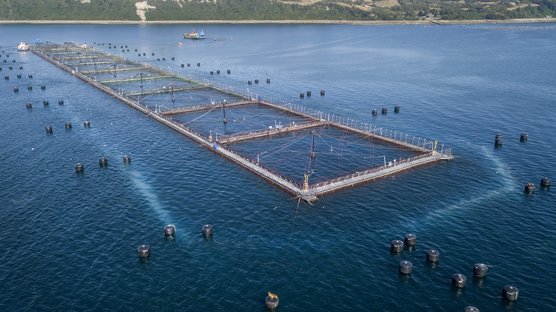
Published on June 30, 2022
New partnership to study innovative sex sorting technology for the egg laying industry
Hendrix Genetics is partnering with Australia’s national science agency, CSIRO, to test the viability of an innovative point of lay sex sorting technology for the egg laying industry.
The poultry industry is committed to finding a sustainable solution for the practice of euthanizing male layer chicks. The chickens that lay eggs (layers) and the chickens that produce meat (broilers) are different breeds of chickens with each type being best suited to their purpose. Broiler chickens are very effective at producing meat in a sustainable way; laying chickens are excellent at laying eggs and produce an egg a day. Both male and female broiler chickens produce meat with a low carbon footprint. Layer breed males can't produce eggs, and due to being a layer-breed they are very poor at producing meat in sustainable way.
Solving this ethical dilemma would improve both animal welfare and food system sustainability. Australia’s national science agency, CSIRO, has developed sex sorting technology which can identify eggs containing male embryos at point of lay before they are incubated and hatched. To support this initiative, Hendrix Genetics has partnered with CSIRO to conduct exploratory research to assess the viability of this solution. A major objective of the project is to explore how this technology can best be integrated with current industry practice.
The project will study technology developed by CSIRO that uses a biomarker protein that is only found in male embryos and not in female embryos. This allows us to identify male embryos during the very early stages of development that occur prior to egg incubation. Therefore, the hens hatched and the eggs they lay remain the same as they are today.
This exploratory research is an important first step that could lead to a solution for a major animal ethics and welfare challenge as well as improving the carbon footprint and sustainability of the egg industry.
Johan van Arendonk, Chief Innovation & Technology Officer at Hendrix Genetics, said:
“This new technology has the potential to address ethical animal welfare concerns and to contribute to a more sustainable egg industry. We are proud of our involvement in studying this potentially ground-breaking innovation while still keeping the health of our animals as top-priority.”
CSIRO scientist, Dr Mark Tizard, said the technology behind this body of research solves an ethical problem for the egg industry.
“Sex sorting technology is unique as this sustainable solution means the food product, the eggs, and the hens that lay them, will remain exactly the same as they are today,”
Dr Tizard said.
About CSIRO
CSIRO is Australia’s national science agency and innovation catalyst, solving the greatest challenges through innovative science and technology. CSIRO collaborates with industry, government, academia and communities to turn science into solutions for food security and quality; clean energy and resources; health and wellbeing; resilient and valuable environments; innovative industries; and a secure Australia and region.
For more information, please contact:
Hendrix Genetics
Marine Guillemot
Lead of Corporate & Marketing Communications



